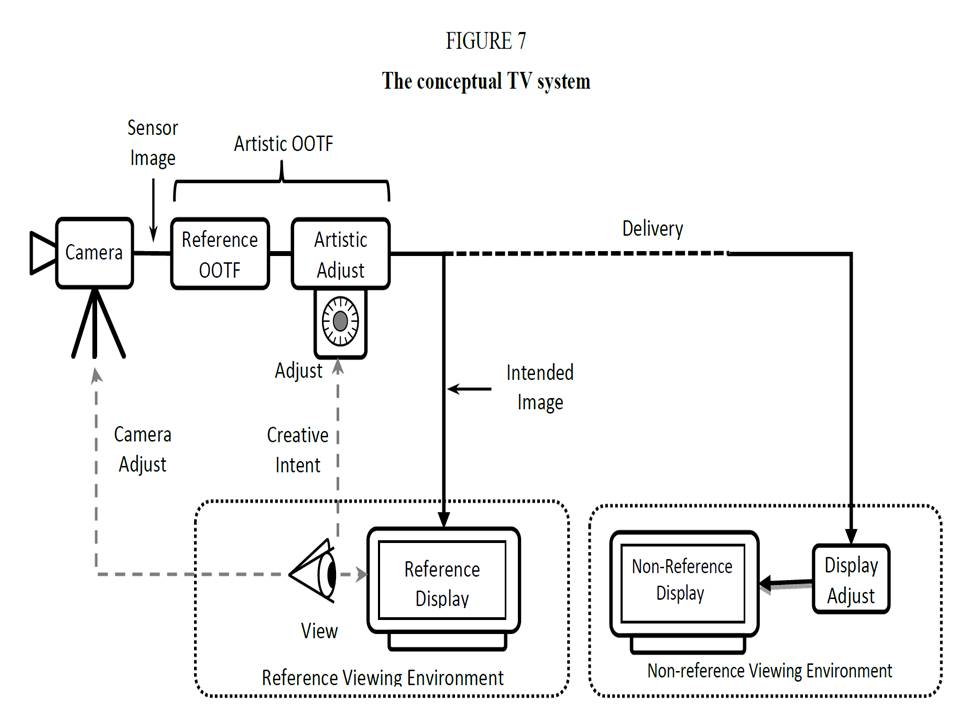Progress note from 6/24/20
16ÖÖ
Quote:
|
Originally Posted by Penton-Man
Plus, another issue on the horizon with regards to in home viewing of HDR content is that for live TV, given past behavior of advertisers, etc., concerns have been expressed among engineers that there might be a risk of a video version of ďloudnessĒ until such time as an international RECommendation on operational practices for HDR-TV is in place akin to EBU R128/BS.1770 Audio Loudness.
|
ďModelling brightness perception for high dynamic range televisionĒ
http://ieeexplore.ieee.org:80/docume...3/?reload=true
Abstract:
High dynamic range (HDR) television offers greater contrast and more immersive images than conventional television, and as such it is an important part of the overall ultra-high definition television package. Standardisation is almost complete, and the industry is already taking the first steps in HDR programme production. The extended dynamic range and brighter screens associated with HDR make sudden jumps in brightness possible. To ensure consistency between programmes and to avoid uncomfortable brightness shifts at programme junctions , some production guidelines are needed for HDR brightness, just as guidelines have been necessary for audio loudness. In order to develop production guidelines for brightness, brightness perception must be understood.
In this paper we report the results of subjective tests that measured the overall perceived brightness of a set of HDR images. We then propose ten classes of potential objective metric that relate the displayed pixel luminance levels to the overall subjective brightness level, and evaluate them using our test results as ground truth. The most effective metrics tested are the mean of the pixel luminances, the mean of the pixel luminances raised to the power of 0.82, and the 96th percentile of pixel luminances, all of which performed similarly well. The mean displayed pixel luminance is preferred, since it is the simplest to implement. The effectiveness of these simple objective metrics suggests that real-time brightness monitoring in production is a realistic goal.
short form video -
https://www.facebook.com/BBCResearch...8222961002496/



























 Linear Mode
Linear Mode

